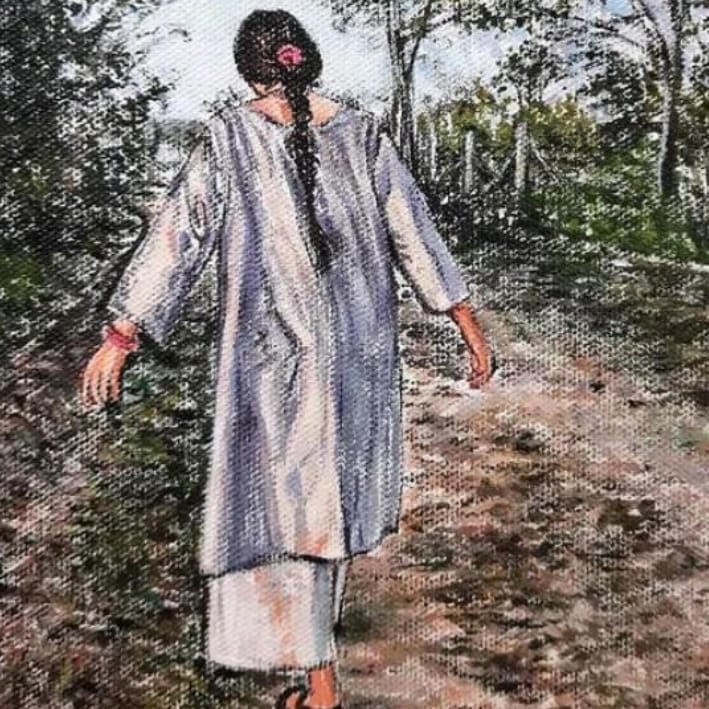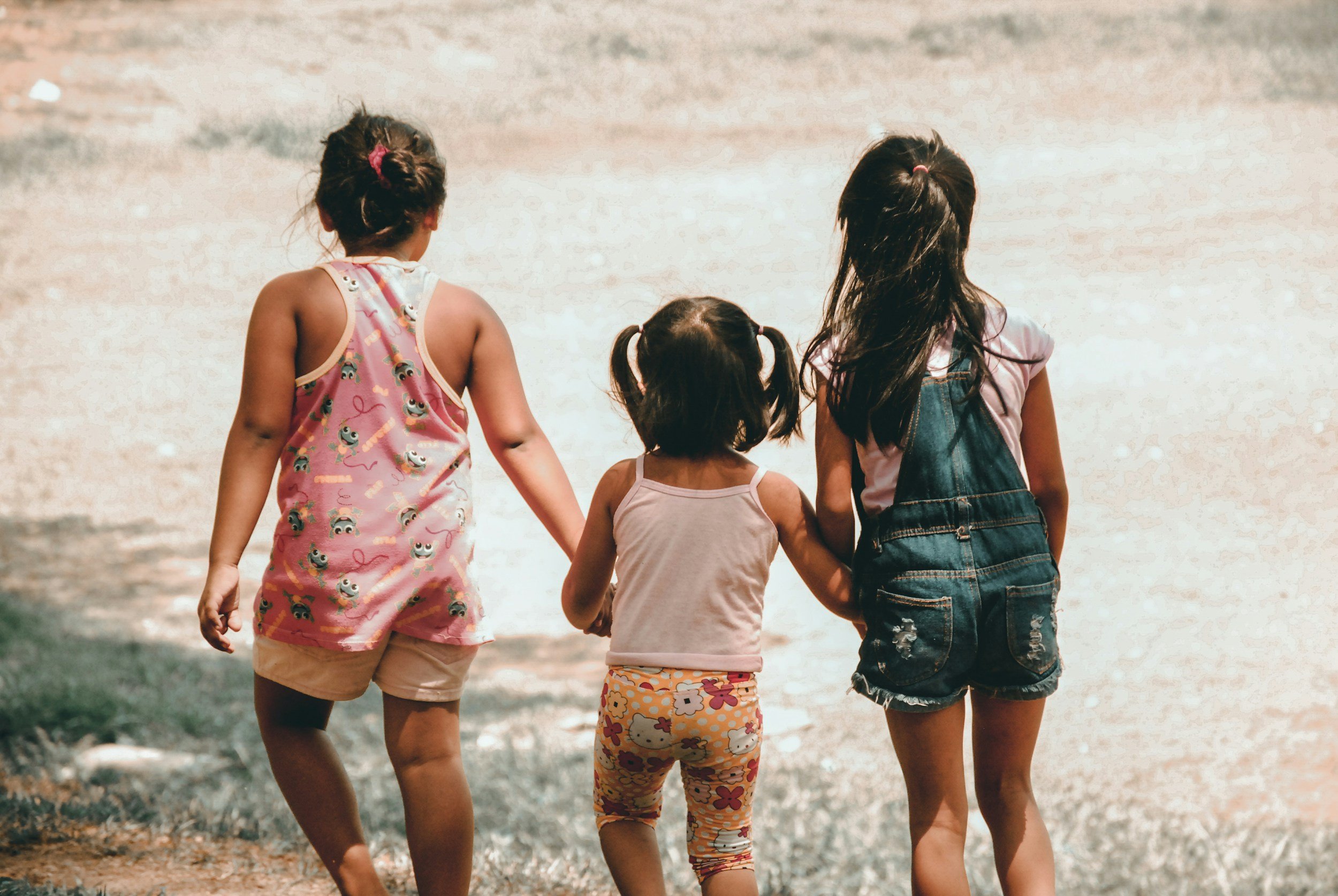
PUBLICATIONS
Publications
Our publications feature a combination of our own writing and pieces from changemakers who are working in the area of sustainable population advocacy from a justice-oriented framework for people, animals, and the planet.

I’m childfree, not childless. This is what it means.
Intellectually, ecologically, and spiritually, the childfree offer a compelling and wider imagination around belonging and care. They raise — not children — but standards of an ethical life.

A re-commitment to reproductive autonomy and responsibility will help secure a socially just and ecologically sustainable future
While the elevation of reproductive rights [at the 1994 Cairo Conference] appeared commendable, its shift away from demographic and ecological issues has been calamitous and has undermined many of its own social and reproductive justice goals.

Reproductive autonomy is fundamental to conservation
Overconsumption has brought us the climate crisis, the Sixth Great Extinction, expanding desertification, and the depletion of fresh water supplies across the globe. But it is humans, at this point eight billion of us, who are doing that consuming. It should not be controversial that our profound state of ecological overshoot is a product of both our population and our consumption.

Holidays: A chance to dig deeper for kinship and meaning
Most of my waking hours are dedicated to spreading awareness about the pervasiveness and oppressiveness of pronatalism, which is the social bias towards biological children.

The left’s population denialism
There is an unfortunate trend among some of our allies on the Left of denying the relevance of our growing human population to the mounting environmental crises that pose an existential threat to our species and most others on Earth.

Pope Francis’ not-so-divine intervention
Pope Francis’ recent comments calling those who are choosing to forego procreation to be selfish fly in the face of our fight for social, reproductive, and ecological justice.

We need to talk about overpopulation
Nandita, you have become committed to exploring the impacts of pronatalism and have been embedding the issue of human population growth ever more deeply into humane education. What inspired you to devote so much thought and time to this particular issue?

